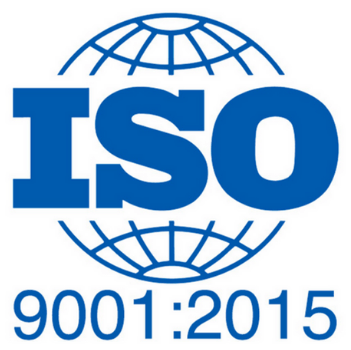Back to Top
Bulk Anti-Human CD68 (KP1) Antibody
$400.00 - $2,945.00
Add recommended extras
Bulk Anti-Human CD68 (KP1) Antibody
| Species Reactivity | Human |
|---|---|
| Target | CD68 |
| Concentration | ≤ 2.0 mg/ml |
| Isotype | Mouse IgG1 Kappa |
| Host | Mouse |
| Use | Products are for research use only. Not for use in diagnostic or therapeutic procedures. |
| Application Notes | Each investigator should determine their own optimal working dilution for specific applications. |
| Applications | Blotting, Dot Blot, Electron Microscopy, Flow Cytrometry, Immunocytochemistry, ICFC, Immunohistochemistry, IHC-paraffin, Immunoprecipitation, Western Blotting |
| Storage | This antibody is stable for at least one week when stored sterile at 2-8°C. For long term storage aseptically aliquot in working volumes without diluting and store at ï؟½80°C. Avoid Repeated Freeze Thaw Cycles. |
| Endotoxin | <1.0 EU/mg as determined by the LAL method |
| Purity | >95% by SDS-PAGE |
| Formulation | Sterile, preservative-free, solution in PBS. BSA and Azide free. |
| Purification Method | This monoclonal antibody was purified using Protein A |
| Specificity | Anti-CD68 antibody (clone KP1) activity is directed against human CD68. |
| Shipping Conditions | Blue ice |
| background | KP1 was originally used as a pan-monocytic/macrophage marker against CD68; however, CD68 is not a macrophage specific antigen and KP1 is known to stain neutrophils and other non-macrophage-like cells. KP1 reacts against CD68 in a wide range of healthy and |
| Other names | GP110, LAMP4, SCARD1 |
| clone | KP1 |
| Buffer | ICH3001-100ml ICH3002-100ml ICH3003-100ml |
| Antigen Distribution | CD68 is found in the cytoplasm of monocytes/macrophages, fibroblasts, human peripheral blood lymphocytes, neutrophil primary and mast cell granules, large granular lymphocytes, basophils, basal epithelial cell layers, renal glomeruli, myeloid cells, endot |
| Immunogen | Lysosomal fraction of human lung |
| Aggregation | Aggregation level ≤ 5% |
Write Your Own Review





















